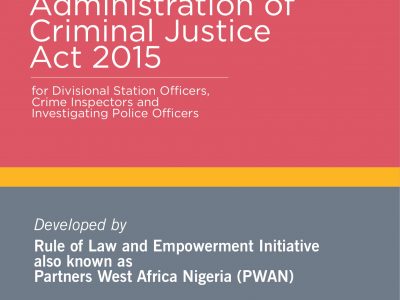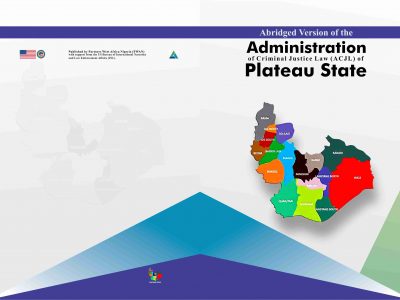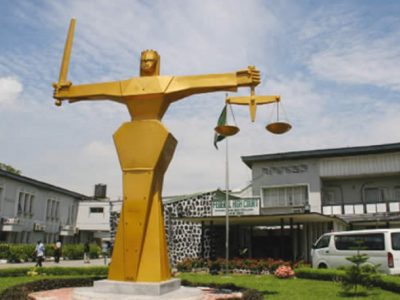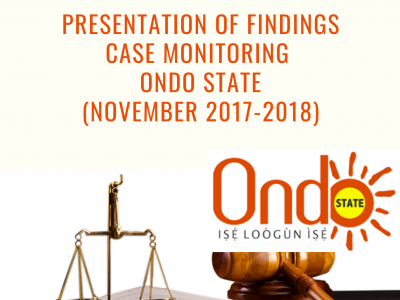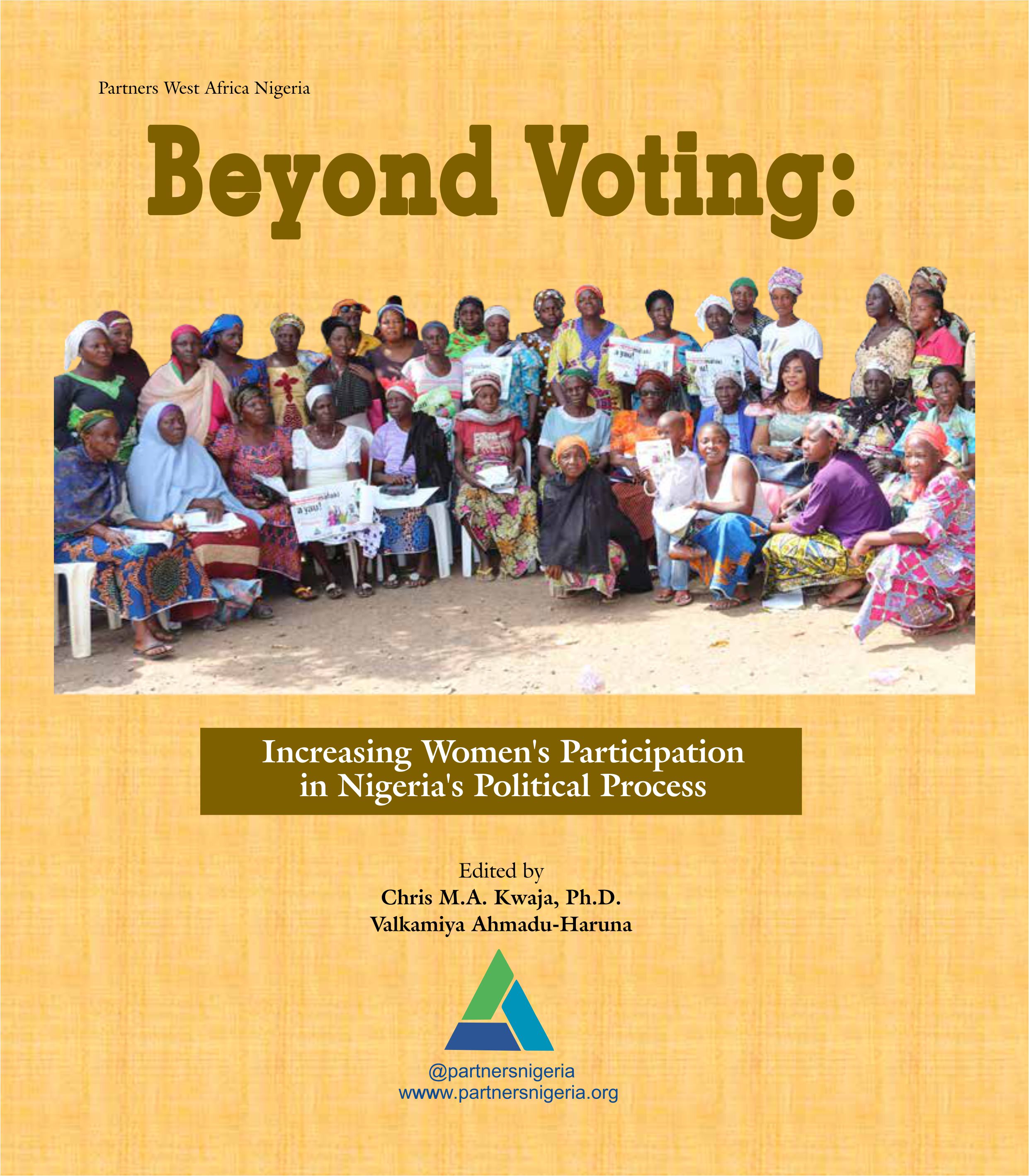
BEYOND VOTING MAPPING REPORT
Poor participation of women in politics, governance and administration of state has been a major concern at the global level. In developing countries of the world, it appears that the situation is more worrisome and deserving serious attention. Though one of the hallmarks of democracy is the participation of people, systemic inequalities, with specific reference to gender differentials, constitute a major obstacle to political participation in Nigeria. Despite their numeric strength as key determinants of electoral outcomes, women are less represented in governance both in elective and appointive positions. Notwithstanding the fact that women have a significant voting population in Nigeria, they are faced with huge challenges that hinder their progress politically. They are not able to take active part in the management of the economy, coupled with lack of economic opportunity, shrinking space for social mobility, cases of domestic and sexual violence, as well as other culture-related hindrances.
[ddownload id=”3239″ text=”Download Mapping Report “]
